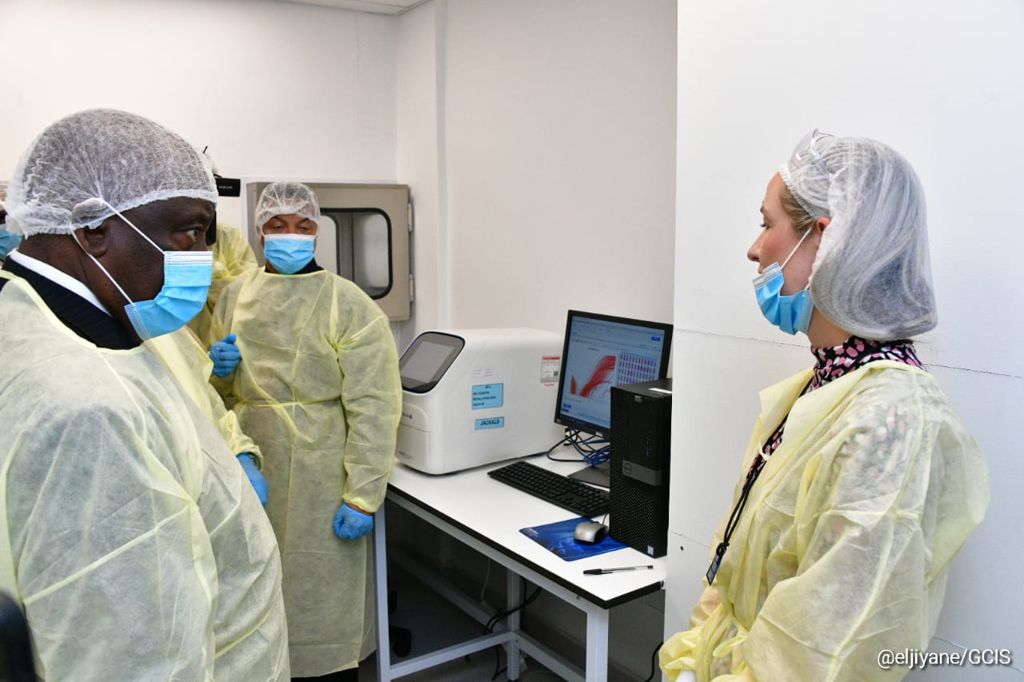The recent heavy rainfall in the City has caused the water table levels to rise, leading to challenges for cemeteries. The Recreation and Parks Department has been working towards finding solutions for these difficulties. Maitland Cemetery has been the most affected by this unfavorable weather, resulting in the closure of the cemetery and relocation of funerals to Welmoed Cemetery.
Operational Challenges at Maitland Cemetery
The operational staff at Maitland Cemetery had a difficult task of declining requests for the reopening of private graves for second interments. Water was present below the surface less than a meter in certain sections of the cemetery, making it inaccessible. Gate 4A was a particularly problematic area that exhibited an excessively high water table.
Addressing the Challenge
Councillor Patricia van der Ross, the City’s Mayoral Committee Member for Community Services and Health, stated that the Department regularly informs undertakers of the situation when they make their bookings regarding any challenges. Clients are encouraged to visit the cemetery to observe the reopening test hole and consider alternative cemeteries if not satisfied with the situation.
Water Table Levels
Water table levels usually peak around the end of September due to soil saturation, causing water to linger on the surface. Impermeable soils are unable to drain away the water, complicating the situation further. Draining the soil rapidly for burials is not feasible, as water returns to the grave as quickly as it is pumped out.
Plan of Action
To alleviate the water table issues over the next two months, the City has implemented a plan of action. The plan includes examining the cemeteries for potential new grave sites in dry pockets, making space available at the edges and ends of burial blocks in older sections, and reducing the width of some narrow gravel roads to increase burial space by making them pathway widths accessible by foot.
Other Measures
Other measures in the plan involve promoting the use of mausoleum crypts, encouraging cremation where religion and culture permit it, and supporting second burials in family graves unaffected by water table issues. Demolishing buildings will also facilitate the removal of foundations and the expansion of burial spaces.
Availability of Space
Apart from Maitland, several cemeteries still have spaces available for private graves, including Klip Road (Grassy Park), Plumstead, Welmoed, Wallacedene, Rusthoff, and Atlantis. Councillor Van der Ross acknowledged the emotional strain on families, saying, “We realize it’s a difficult time for loved ones, but we are doing everything we can and ask residents to bear with us as we work to alleviate these issues.”








